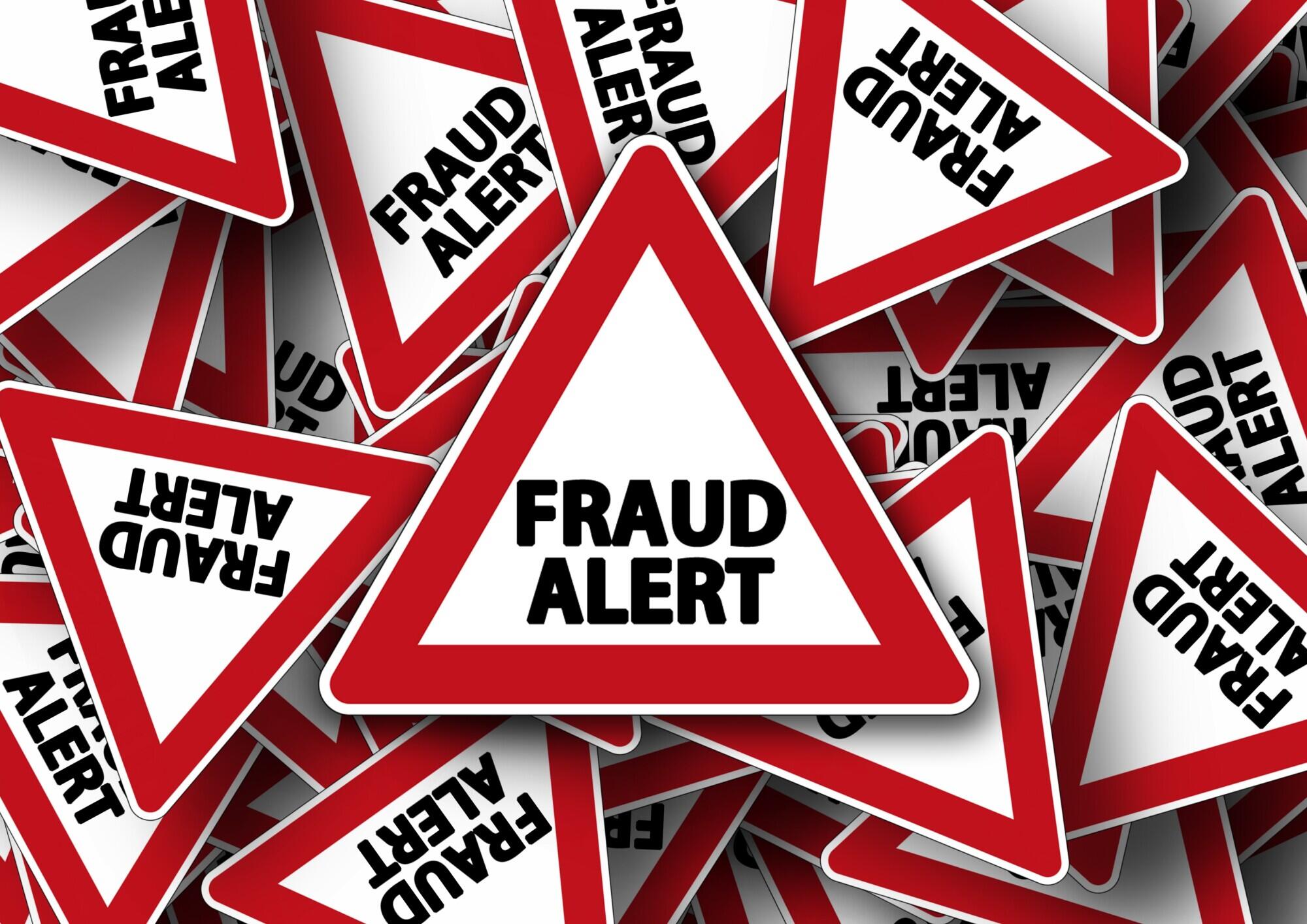IP lawyers, it might be time to buy your one-way ticket out of the Eastern District of Texas. Yesterday's Supreme Court’s ruling on patent venue means that the E.D. Tex. could have its patent docket substantially reduced. The Court, which is considered particularly plaintiff friendly, currently sees more than 40 percent of all patent lawsuits, many brought by so-called “patent trolls.” But the Supreme Court’s ruling in TC Heartland LLC v. Kraft Foods Group Brands LCC may have brought an end to that kind of forum shopping, as the Court ruled unanimously that the residency requirement in the federal patent venue statute refers only to a defendant’s state of incorporation.
The case called for the Court to reconcile two venue provisions. The first, 28 U.S.C. § 1400(b) is particular to patent litigation, stating that a patent infringement lawsuit may be brought “where the defendant resides or where the defendant has committed acts of infringement and has a regular and established place of business.” In 1957, in Fourco Glass Co. v. Transmirra Products Corp., the Supreme Court ruled that corporations “reside” only in the states where they were incorporated.
The second statute involved a broader definition of residence, however. The general venue statute, 28 U.S.C. § 1391(c), defines corporate residency much more expansively, allowing businesses to be sued “in any judicial district in which such defendant is subject to the court’s personal jurisdiction”.
Last year, the Federal Circuit ruled that, in the case below, the definition of corporate residence in § 1391(c) applied to the patent venue statute. The ruling reaffirmed the court’s holding in VE Holding Corp v. Johnson Gas Appliance Co., the very case that, in 1990, opened patent litigation up to the forum shopping that's dominated ever since.
When Congress amended the general venue statute in 1988, the Federal Circuit reasoned in VE Holding, it also altered the meaning of ‘resides’ in the patent venue provision. Not because Congress actually changed the wording of that provision, however. Rather, Congress said the amended general venue provision applied “for purposes of venue under this chapter”. Thus, the Federal Circuit concluded, that broader definition of resides “clearly applies” to the narrower patent venue provision, redefining that term as well.
Ending 27 Years of Forum Shopping
In yesterday’s unanimous opinion, authored by Justice Thomas, the Supreme Court rejected that interpretation. When Congress seeks to change a statute, Justice Thomas wrote, “it ordinarily provides a relatively clear indication of its intent in the text of the amended provision.” No such clarity was present here. Further, the broader, general venue clause noted that it does not apply when “otherwise provided by law” -- as when, the Court explained, the narrower patent venue provision applies.
The Court’s opinion is brief, a mere 10 pages, but it could have significant impacts on IP litigation. By limiting corporate residence to the state of incorporation, the decision will limit litigants’ ability to seek out the friendliest jurisdiction for their cases.
That’s where the Eastern District of Texas comes into play. In the 27 years since the Federal Circuit decided VE Holding, that court has grown from a relative IP backwater to one of the busiest patent venues in America.
Plaintiffs from across the country bring patent infringement suits to the E.D. Tex., drawn by its reputation for plaintiff-friendly local rules, judges, and juries. In 2015, for example, 43.6 percent of all patent cases were filed in the district, according to an amicus brief submitted by Stanford Law School’s Juelsgaard Clinic. Since 2014, more than one fourth of all patent cases have been heard by a single judge in the district, Judge Rodney Gilstrap.
Some critics say that the system has moved beyond forum shopping to forum selling. Companies such as Samsung have made generous donations in Marshall, Texas, where a particularly busy division of the Eastern District of Texas is located. In 2006, Tivo, the California-based DVR company, bought a prize steer at Marshall’s county fair. The company didn’t have an unusually strong interest in cattle, though. It just had a patent case in Marshall at the time.
That ridiculous could be at an end now.
Out of Texas and Onwards to Delaware?
Paul M. Janicke, a law professor at the University of Houston Law Center, has predicted that the Court’s decision could lead to an “imminent outpouring from the Eastern District of Texas.” The Court’s decision means that venue is now improper for hundreds of cases, he estimates.
At least 800 companies could seek to transfer their cases out of the Eastern District of Texas, according to Janicke. About half of those might not be able to, however, having waived the defense by failing to plead it early on. “A sampling of pleadings in pending Eastern District patent cases reveals that in roughly 400 cases the main defendant did not plead improper venue or make a Rule 12 motion,” he writes in Patently 0. Others may be precluded from asserting improper venue because they have moved for summary judgement, thus invoking the court’s power.
That leaves a significant number of cases that could see their way out of the Eastern District of Texas, however, to say nothing of the decline in cases filed there in the future.
This doesn’t mean that patent litigation won’t continue to concentrate in a few districts, however. While many future patent defendants will be able to avoid rural Texas now, there is likely to be a corresponding surge in patent litigation in Delaware, where more than 50 percent of companies, and over 60 percent of Fortune 500 companies, are incorporated.
This post was authored by Casey C. Sullivan, Esq., who leads education and awareness efforts at Logikcull. You can reach him at casey.sullivan@logikcull.com or on Twitter at @caseycsull.




